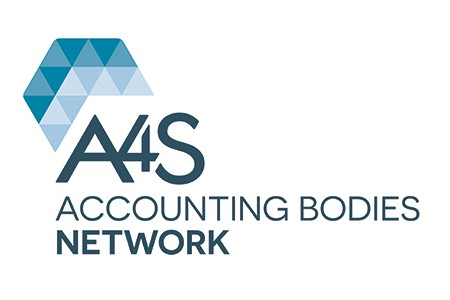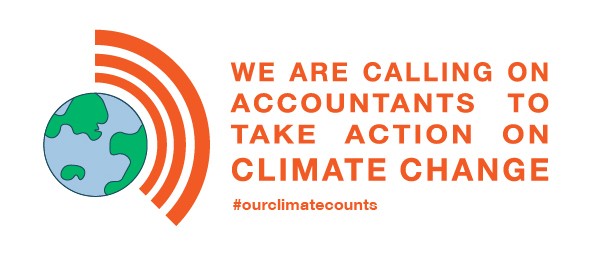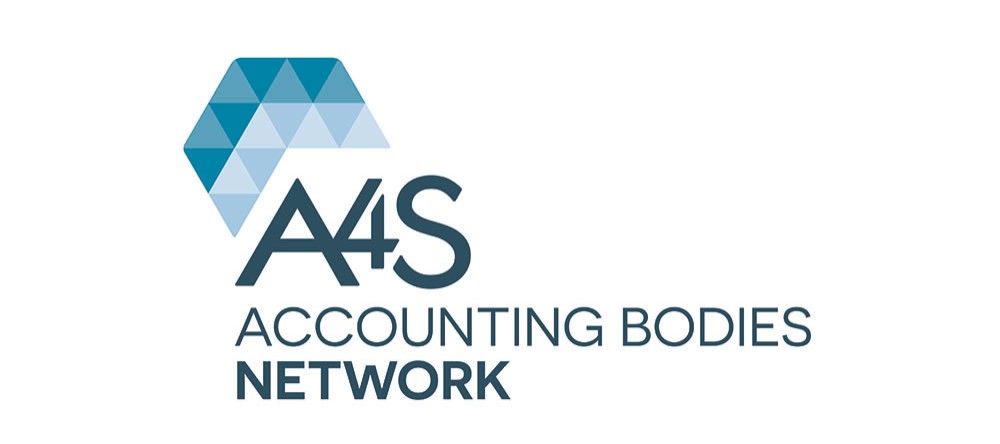A TIME TO REFLECT: CLIMATE-RELATED RISK IN THE FINANCIAL STATEMENTS
The Accounting Bodies Network has responded to developments in addressing climate and other emerging risks using the International Financial Reporting Standards, the International Standards on Auditing and the International Public Sector Accounting Standards.
Statement of Support
As members of The Prince’s Accounting for Sustainability Project’s (A4S) Accounting Bodies Network, representing over 2.5 million professional accountants and students across 179 countries, we recognize that we each have a responsibility to act to help our members understand how climate-related financial risks are treated under current global accounting standards.
In February, we called upon our members to act now to help the organizations they work with respond to climate change with the urgency and scale required, and committed to provide the support needed to enable action. Since then, the world has changed radically, but even as we focus attention on the near-term response to the global COVID-19 pandemic and its longer term consequences, the urgent need for action on climate change has not gone away. If anything, the pandemic reinforces just how vital steps to build resilience and seek to mitigate impacts will be. We continue to acknowledge the potentially profound, systemic risk climate change poses to the financial system, and the integral role that the accounting community has to play in an effective response. One vital element is the provision of the information that the capital markets need to allocate funds to deliver sustainable outcomes.
As has been made clear from recent statements by standard setters and investors, existing financial reporting standards already apply to climate-related and other emerging risks. Nick Anderson, an International Accounting Standards Board (IASB) member underlined this view last November. His IASB In Brief article is intended to help investors understand what already exists in the current International Financial Reporting Standards (IFRS) requirements and guidance [1]. He notes that climate-related risks may be deemed material and warrant disclosures in financial statements under existing standards. Specifically, the opinion underlines that “qualitative external factors, such as the industry in which the company operates, and investor expectations may make such risks ‘material’ and warrant disclosures in the financial statements, regardless of their numerical impact.” This opinion piece was inspired by and reinforces the joint guidance issued by the Australian Accounting Standards Board and Australian Auditing and Assurance Standards Board in 2018 [2].
Investor expectations have been made clear in a recent letter from investor groups representing more than $103 trillion in assets under management confirming their view that “climate-related risks are material factors that should be reflected appropriately in the financial statements.” [3] This letter reflects clear investor demand to understand the risk that climate changes poses to an organization’s financials.
The International Auditing and Assurance Standards Board (IAASB) has also responded, “Given climate change’s potential to impact most, if not all entities, directly or indirectly, the IAASB issued this Staff Audit Practice Alert, which assists auditors in understanding how the existing International Standards on Auditing today and how it relates to auditors’ considerations of climate-related risks in an audit of financial statements.” [4]
Similarly, for accountants working in the public sector, the International Public Sector Accounting Standards Board (IPSASB) issued a Q&A document highlighting relevant public sector accounting standards and guidance for public sector financial reporting taking into account climate risk [5].
The IASB In Brief article, IAASB Staff Audit Practice Alert and IPSASB document underline that climate-related risks can be material factors and should be appropriately reflected in financial statements. This information provides important guidance to our members as they prepare or audit financial statements. Auditors and accountants – our members – are at the heart of the application of this guidance.
We recognize that it is our responsibility to respond and have already done so in a number of ways. Further building on the climate call to action issued in February, we commit to:
- Disseminate guidance to illustrate the application of the International Financial Reporting Standards, the International Standards on Auditing and the International Public Sector Accounting Standards to incorporate climate and other emerging risks.
- Provide our members with the training and support they need to apply this guidance effectively.
- Engage with the relevant standard setting bodies to identify and provide further information on climate risks under these standards where gaps exist.
In addition, we will continue to support relevant reporting developments that help to provide more useful disclosures of climate-related financial risks and opportunities and assist our members apply their skills and expertise to help deliver meaningful change.
ABOUT THE ACCOUNTING BODIES NETWORK
The Accounting Bodies Network (ABN) is a collaboration between A4S and accountancy professional bodies from across the globe. The Network was launched in 2008 and now includes 17 members that together represent two thirds of the world’s accountants in 181 countries. You can view the members of the ABN on our website here.
The Network provides an open, cross-border platform enabling the sharing of knowledge between members and the championing of best practice and key developments. It also supports collaborative approaches to help drive change throughout the profession.
[1] International Accounting Standards Board, 2019
[2] Australian Accounting Standards Board and Australian Auditing and Assurance Standards Board, 2018
[3] Principles of Responsible Investment, 2020
[4] International Auditing and Assurance Standards Board, 2020
[5] International Public Sector Accounting Standards Board, 2020




